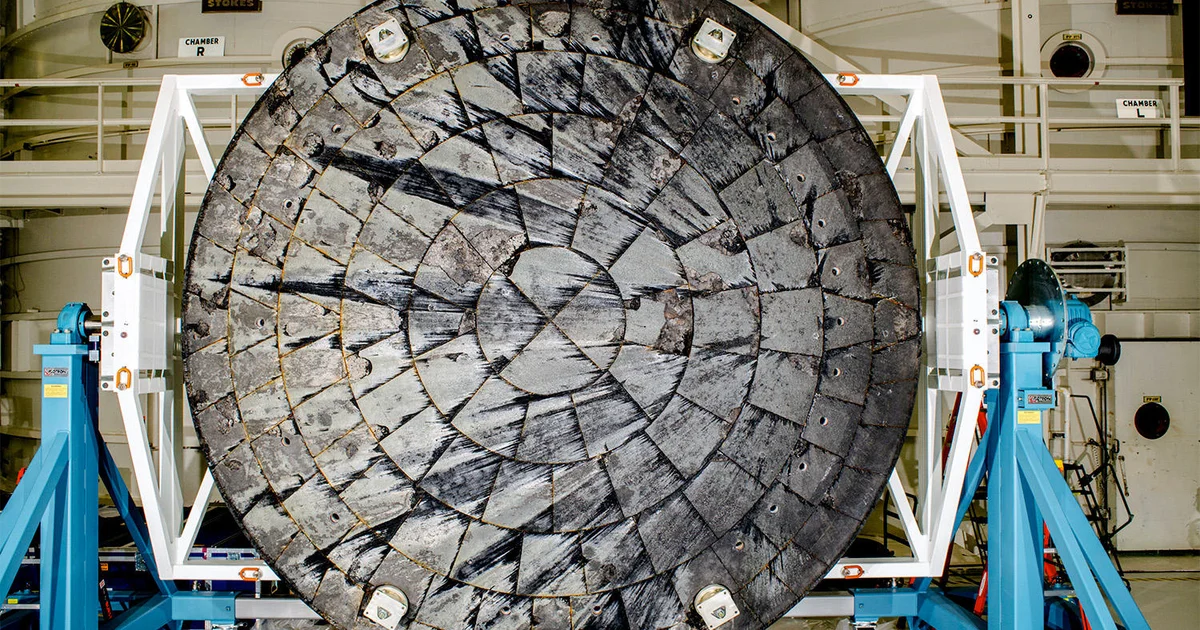In a fascinating twist of planetary behavior, Earth recently experienced one of the shortest days ever recorded. The rotation speed of our planet — which usually stays consistent — has unexpectedly increased, causing a day to pass slightly faster than usual. Scientists are intrigued by this phenomenon, and even more compelling is the fact that two more ultra-short days are predicted to occur soon.
What Happened? A Day That Spun Too Fast
Normally, Earth completes a full rotation on its axis every 24 hours. However, precise atomic clock measurements recently recorded a day that was shorter by a few milliseconds. While that may sound insignificant, in scientific terms, it’s a big deal. Milliseconds matter when it comes to global timekeeping, satellite operations, navigation systems, and internet infrastructure.
The recent anomaly has drawn attention because Earth’s rotation has generally been slowing over long time scales due to tidal interactions with the Moon. The sudden speeding up is counter to that trend, and researchers are working to understand why.
Why Is Earth Spinning Faster?
Scientists suggest a variety of possible causes, ranging from glacial rebound, changes in atmospheric pressure, seismic activity, to core-mantle interactions. When mass redistributes across Earth — whether due to melting glaciers, powerful earthquakes, or shifting ocean currents — it can subtly affect the planet’s moment of inertia, speeding up or slowing down its spin.
Another theory is that strong movements in Earth’s molten core could be influencing the planet’s angular momentum. Just as a figure skater spins faster when pulling their arms in, Earth could be experiencing a similar effect internally.
Implications for Timekeeping
If Earth continues to speed up, it may eventually require a “negative leap second.” Traditionally, leap seconds are added to synchronize atomic time with solar time, but in this case, one would need to be subtracted. This has never been done before and poses a major challenge for digital systems, including GPS satellites, financial markets, and communication networks.
Tech giants and timekeeping institutions are already exploring ways to adapt to such changes, especially if these shorter days become more frequent.
More Short Days on the Horizon
Astronomers predict that two more record-breaking short days may occur in the near future. These could potentially be even shorter than the recent anomaly. While they won’t affect daily life in any obvious way, these changes are of great interest to scientists monitoring Earth’s long-term dynamics.
Conclusion: A Planet That Never Stops Surprising Us
Earth is a dynamic and ever-changing planet, and its recent burst of faster rotation is yet another reminder of how much we still have to learn about its inner workings. While we may not feel the effects of a day that’s a few milliseconds shorter, the implications for science, technology, and timekeeping are profound.
As researchers continue to track Earth’s spin with extraordinary precision, one thing is clear — our planet still has plenty of surprises hidden beneath its surface.













Leave a Reply